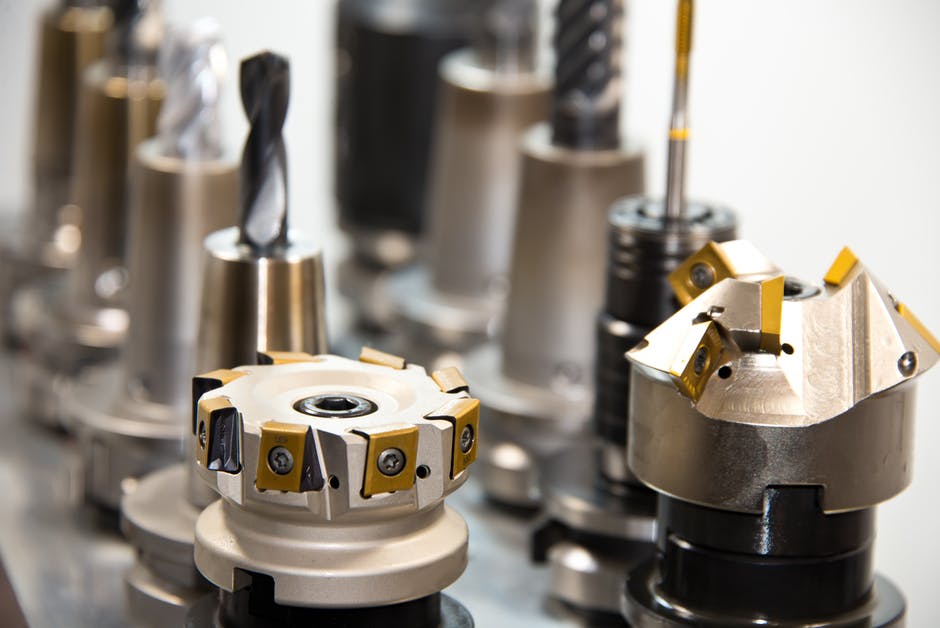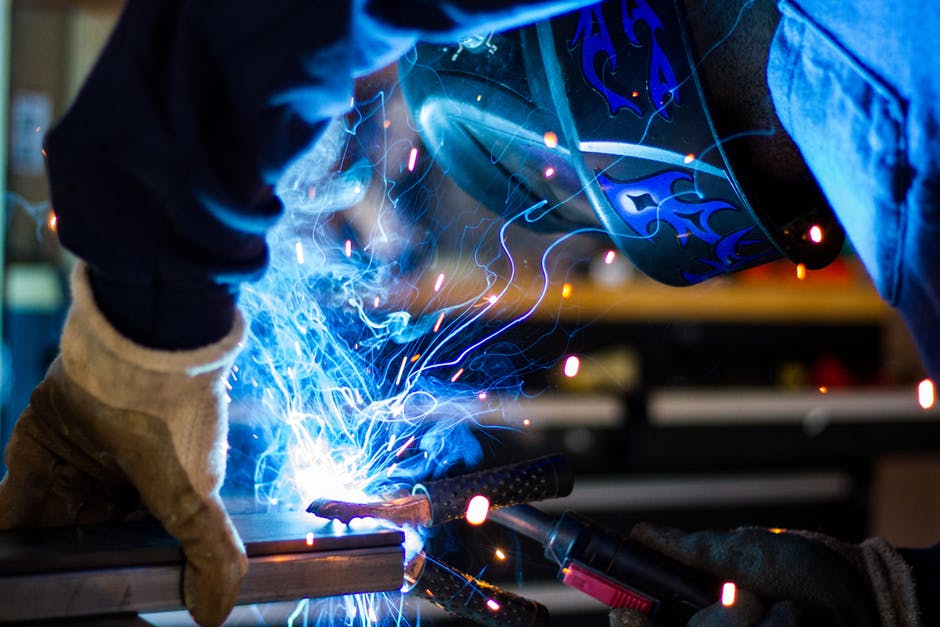Working with metal is demanding, dangerous, but downright fun. And if you want to take your DIY skills to the next level, metalworking is just about the best thing for you to explore. It will save you a lot of cash, too – getting to grips with metal fabrication, alteration, and repair is such a handy skill that will enable you to fix anything from a damaged car door to a bent garden chair leg.
But let’s not beat around the bush, here. Working with metal is not easy, and there are plenty of risks and costs involved. Over time your skills will improve, but it can certainly take a while to get to a stage where you are confident in your work. With this in mind, I thought we would go through a few things you should try out to get started with metal DIY – here’s everything you need to know.
What is metalworking?
Metalworking includes a broad range of activities, from metal fabrication to welding. It’s a skill that is in demand, but hiring a professional can be expensive. If you have the desire and drive, however, getting started with metalworking as a DIY hobby can be an incredibly useful and money saving skill. You will be able to create practical household items such as shelving brackets, and may even begin to learn how to make metal garden chairs, create metal filing units, or even repair dings and bumps in your car’s bodywork.
Find a course
If you really want to get started with metalworking, it is advisable to take a course, first. There are a broad variety of metal working classes to choose from if you are a beginner, and they are worthwhile if you want to see if the hobby is right for you. It’s important to understand that tools for metal fabrication can be on the pricey side, so investing in a little education and trying out the practical skills you will need can be a good way to test the waters before you blow a fortune on equipment. Look online for beginner’s courses on metalworking, or check in with your local community college – even if they don’t run courses themselves, they will be able to point you in the right direction.
The gear
If you do decide to continue metalworking as a DIY hobby, you will need to invest a reasonable amount of money in equipment. The essential tools to get you started are things like Cross Pein or Double-faced Deep Reach body hammers, track dollies, and torpedo mallets for fabrication or customization. You will need power cutting tools, too, so look around and find the best angle grinder for your application needs, welding gear such as torch and tips, and even tough metalworking tools like an Air Power Hammer.

Safety
Bearing in mind how dangerous metalworking can be, it is vital that you invest heavily in safety gear. Your eyes are, particularly at risk. When you use an angle grinder on metal, for example, you don’t want any of those tiny hot metal chips flying into your eye, as you could end up losing your sight. Don’t forget about your ears, either. Working with a metal of any kind, whether aluminum or steel, is incredibly loud. Your ears, on the other hand, are extremely sensitive. And unless you want to end up doing your hearing a lot of damage – perhaps even bursting an eardrum or developing permanent tinnitus – get some protection. Ear protection is cheap – as are special metalworking goggles to protect your eyes – and there are never any excuses for not using them. That said, if you are working with welding equipment it’s worth investing a little more on eye protection – a pair of real welding glasses is absolutely essential. You will also need some great gloves – most metalworkers use super strong Kevlar gloves to give their hands maximum protection.
Finding metal
One of the great things about working with metal is that as a raw material, you can pick it up for incredibly low prices. Your local scrap metal yard is an obvious starting point, where you will be able to pick up steel, copper, aluminum and much more. Try your local garbage center. Too, where you might be able to persuade the management to hold back metal for you for a small price. Don’t forget, any metal you find could, conceivably, be used to create something else, or reshaped into something entirely different from its original purpose.
Projects
So, what sort of projects can you expect to be doing when you are getting started with DIY metalworking? Well, there is plenty to choose from. You could start by making a DIY copper cup from old piping, or a signet ring from a simple nut. You could try making metal jewelry, too – twisting copper and steel, for example, could be twisted together to stunning effect. Moving on to more ambitious projects, you can make homemade knives, DIY garden chairs, or even get started on repairing bumps in car doors.
Finishing
Finally, don’t forget that a raw metal finish isn’t all you can do – painting metalwork is an excellent way to make your creations a little more personal and unique, as well as protecting them from the elements. You will need to be aware that painting metal is a bit different to painting wood or plastics. Working with wrought metal, for example, requires you to prime the metal first, and you should only ever use thin coats. Aerosol paints are often the best way to do this – always do spray painting outside, however, as the fumes could end up overwhelming you if you spray paint indoors.
A possible career?
One of the great things about metalworking is that if you get really good, people will be happy to pay good money for your creations. And if you want to develop a little side income to fund your hobby further, it’s an excellent way to go about it. You can sell your work at craft fairs, local independent stores, and even major furniture stores in your locale. You might even get into the custom build and design field and serve customers on a private basis. Good luck with the metalworking hobby – let us know how you get on!









thanks for this post